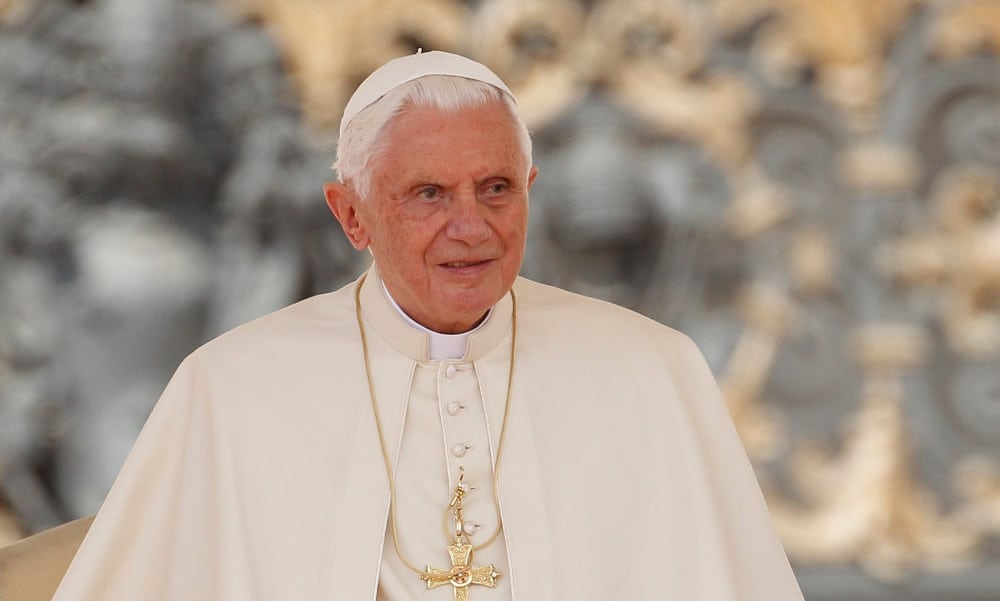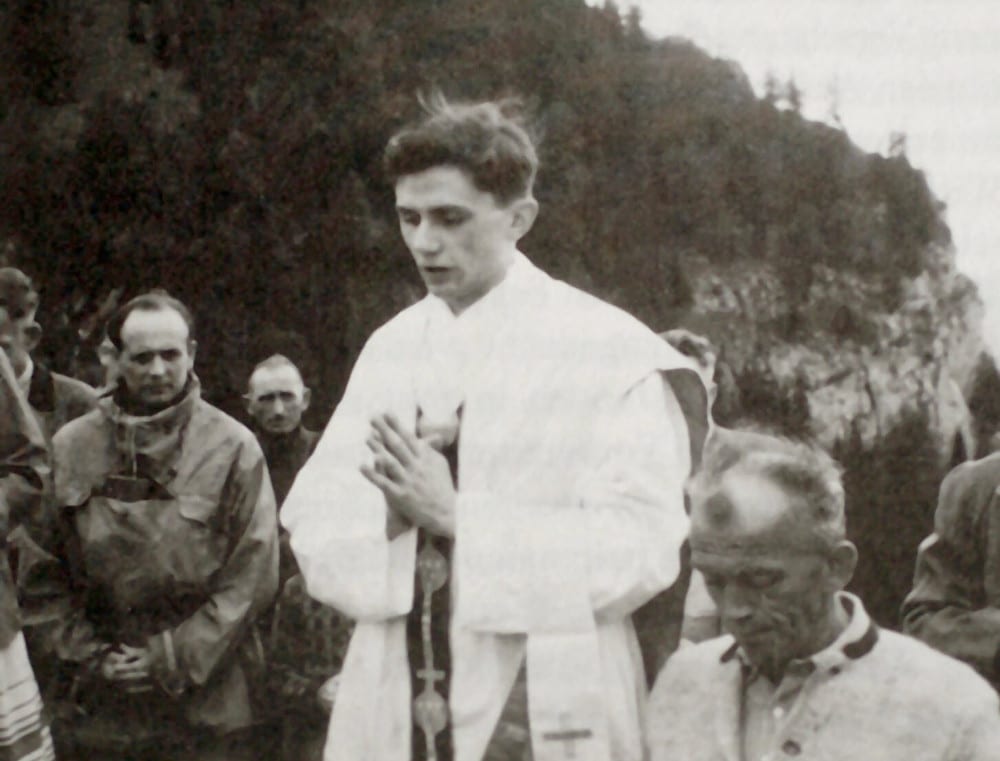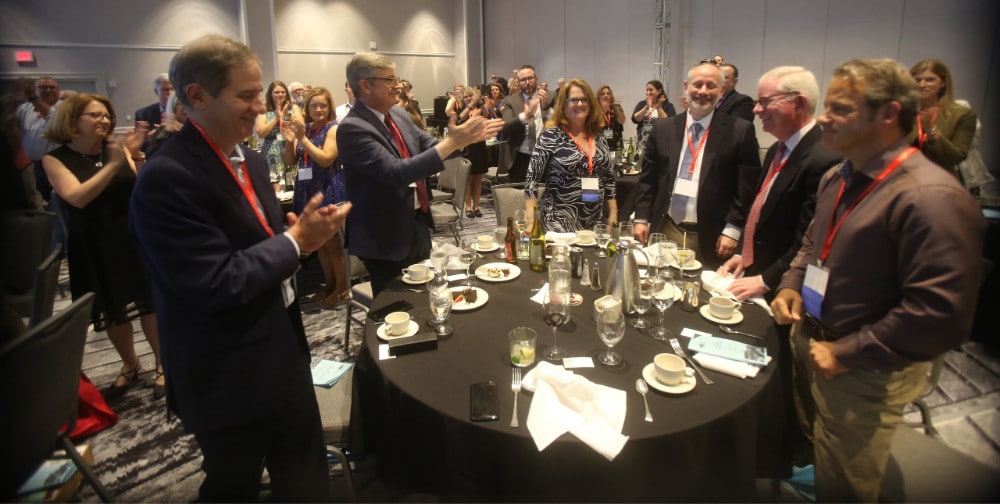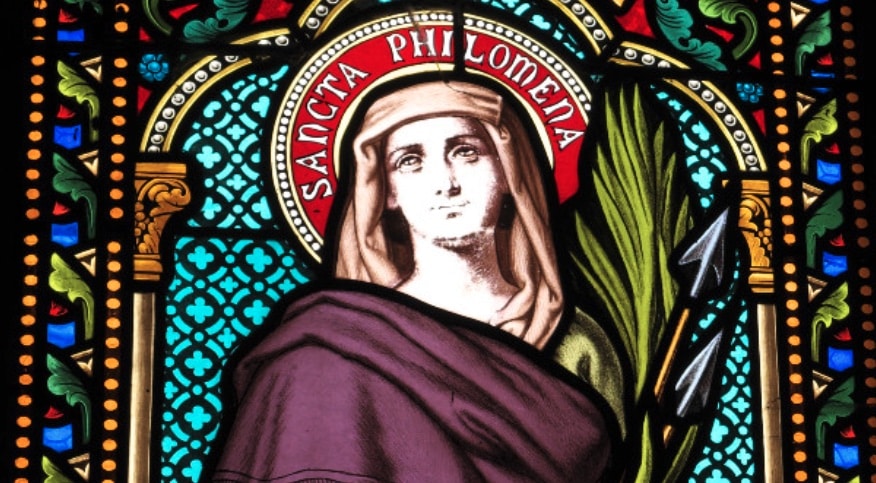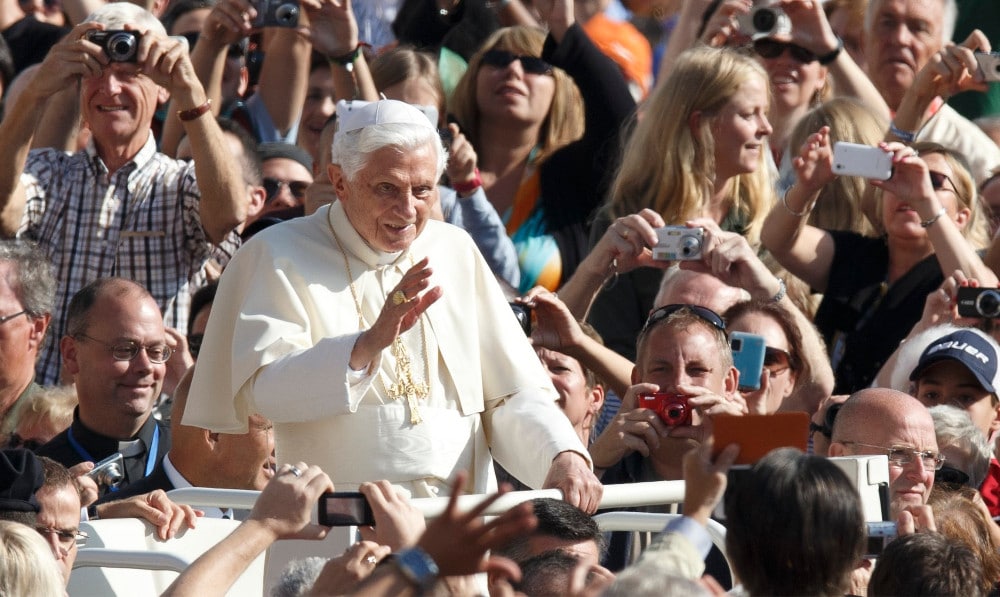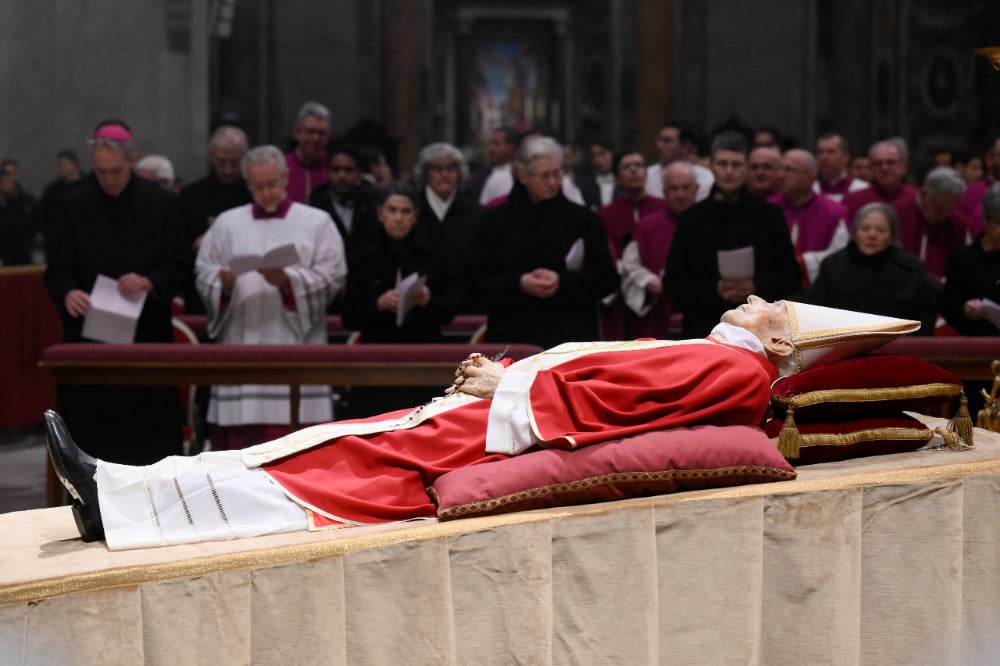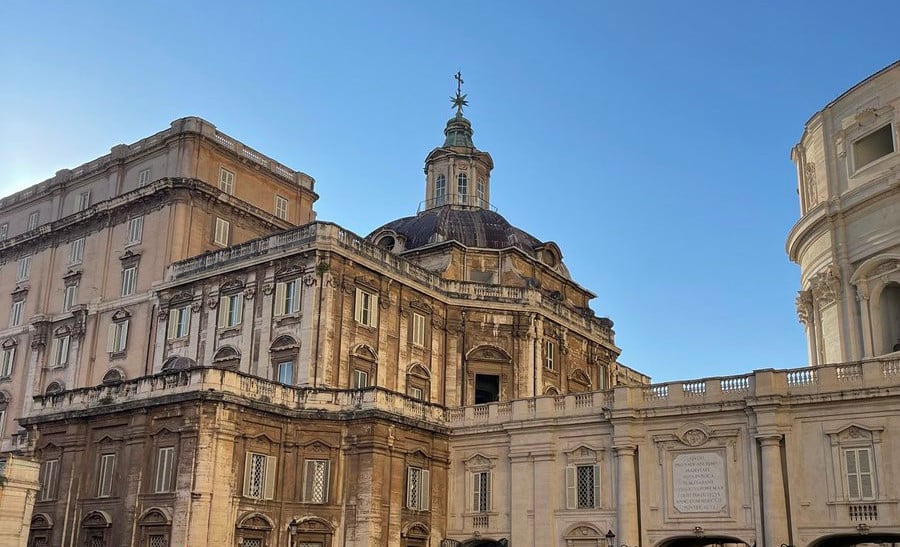Life is not a journey toward independence and autonomy. Life, when lived well, is about growing into our dependence on God until, finally, all else is swept away. As the Church mourns the death of Pope Emeritus Benedict XVI, I am struck by how much his life and his theology have demonstrated this countercultural wisdom.
In 2013, Pope Benedict shocked the world when he became the first pope in six centuries to resign. The pope made it clear in his brief address at the time that it was his declining physical strength that necessitated this decision. “I have had to recognize my incapacity to adequately fulfill the ministry entrusted to me,” he said. This was not an admonition of defeat but a recognition that the calling of his life had changed. In the decade that followed, he lived a quiet life of prayer. His body continued to fail him, to the point that in recent years he could no longer even stand at the altar to celebrate Mass. In the midst of his pain and weakness, he experienced God’s love. “God is not, let’s say, a ruling power, a distant force,” he said to Peter Sewald in 2017, “rather he is love, and he loves me — and as such, life should be guided by him, by this power called love.”
The idea that there might be freedom and even joy in accepting the ravages of aging pushes hard against the grain of our modern concept of happiness. In our effort in the modern world to distance ourselves from God, we have come to believe the purpose of life is busyness. We want to move forward at all times, to make progress, and “progress is the overcoming of all forms of dependency” writes Benedict in his encyclical Spe Salvi. His predecessor, Pope St. John Paul II, described this as “an attitude of excessive preoccupation with efficiency.” For most of human history, man looked toward God for his sense of what makes for a meaningful life, but now we believe meaning comes from doing things, building things, even consuming things.
As the late pope saw clearly, this approach to life never arrives at true happiness. We were created for communion with God. This means that the path of true joy for us is always going to be found in being rather than doing. “Truth, and the love which it reveals, cannot be produced,” Benedict wrote in Caritatis in Veritate, “they can only be received as a gift.” All our striving to make ourselves feel important, to keep busy, is all just a delusion of self-justification, as if working hard enough will make us worthy of the love we receive from other people or from God. God justifies us. He makes us worthy. The only action that matters is his action, sending his son into the world who offers himself on the cross. That action of God frees us from the need to make something of ourselves. “That which is prior to us and constitutes us — subsistent Love and Truth — shows us what goodness is, and in what our true happiness consists. It shows us the road to true development.“
Because we tend to think of life in terms of progress, we view the path of life as a linear ascent. We are born feeble and helpless, but then we grow strong. We acquire skills. We begin to be productive with our time. At some point, if all goes as planned, we assume we will reach the pinnacle of that productivity, whether that is success in our careers, or having the family we always wanted, or being able to afford the kind of home and creature comforts that we desire. That’s when we will have made it. But the inevitable problem with that narrative is that it cannot last. Even if we get these things we want so badly, we cannot hold onto them. We grow older and inevitably less productive. We lose our ability to do the things we once did. Eventually, we die — the ultimate betrayal of our sense of busyness as triumph.
The Christian life provides us with a different kind of progress. Thomas Merton once described the Christian life as being like slowly emerging from a tunnel and allowing our eyes to get used to the light. The progress we make is interior. As we slowly learn to let go of our expectations, we come to see and accept the presence of God. Every breath we take comes from God. Every turning of our hearts glorifies him. In the sufferings of illness and aging, we lose the ability to do things, but that loss provides an opportunity to grow in faith. Unable to rely any longer on the illusion of independence, we are free to open our hearts more fully to receive the love of God and be transformed by it.
Even death is changed in this understanding from foe to friend. “To die, in fact, is part of life and not only of its end, but, if we pay attention, of every instant,” Pope Benedict said at a general audience in 2006. This thought can be either haunting or comforting, depending on our relationship with Christ. “Those who commit themselves to live like him are freed from the fear of death, no longer showing the sarcastic smile of an enemy but offering the friendly face of a ‘sister,’ as St. Francis wrote in the ‘Canticle of Creatures.'”
The rich theology of Pope Benedict XVI contains treasures that the Church will be discovering and rediscovering for many years to come, but perhaps the greatest treasure is the one attested by the last years of his life. While it is likely a good thing that the resignation of a pope is such a rarity, Pope Benedict’s willingness to let go of the papacy demonstrated that even high ecclesiastical office is not a marker of status or achievement. What makes life worth living is the realization and acceptance that all of it is God’s grace, leading us, if we are willing, ever deeper into the mystery of love.
Father Jonathan Mitchican is a Catholic priest and school chaplain. Follow him on Twitter @frjonathan

